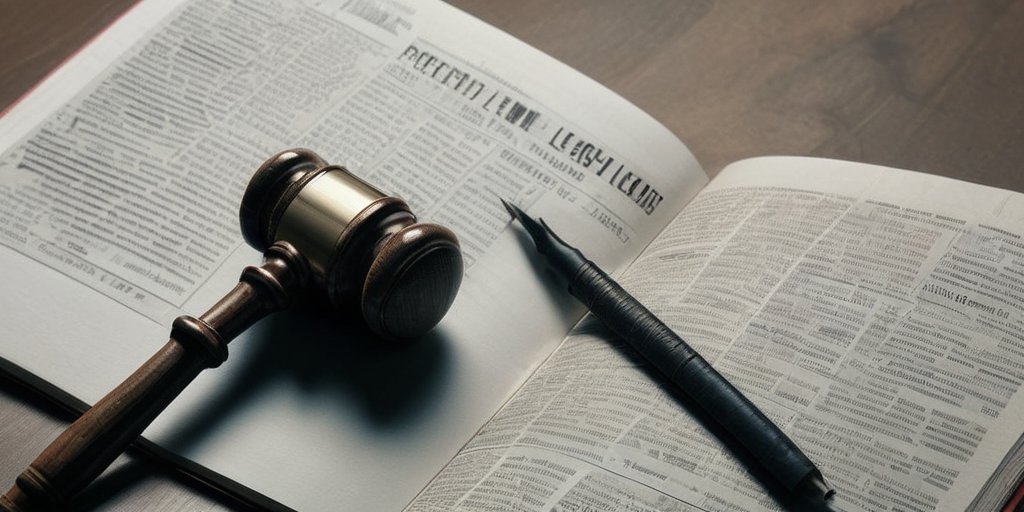In a significant legal battle, Columbia University student Yunseo Chung has initiated a lawsuit against the Trump administration, fighting against her potential deportation due to her participation in pro-Palestinian protests. The controversy stems from the administration’s perceived targeting of activists, particularly in the context of heightened tensions related to the Israel-Hamas conflict.
Chung, who moved to the U.S. from South Korea when she was just seven, claims her involvement in a sit-in protest on March 5, 2025, has resulted in concerted efforts by Immigration and Customs Enforcement (ICE) officials to detain her. According to reports, ICE arrested her alongside other activists following protests against student expulsions linked to activism advocating for Palestinian rights.
The lawsuit filed by Chung’s legal representatives emphasizes serious constitutional concerns, arguing that her First Amendment rights are being violated by the administration’s retaliatory actions against her political speech. Her case is mirrored by that of Mahmoud Khalil, a detained activist who has become a focal point for protests across the nation after his detention.
The allegations against Chung note that ICE’s actions signal a disturbing trend of targeting individuals involved in politically charged protests. Chung’s lawyers contend that this tactic exemplifies a broader pattern of suppression of dissent by the Trump administration, specifically aimed at those advocating for Palestinian rights.
The lawsuit has also brought attention to other students facing similar threats, including Cornell doctoral student Momodou Taal and Columbia international student Ranjani Srinivasan, whose visa was revoked without clear justification. This wider crackdown has raised alarm among advocates for immigrant rights and has sparked questions regarding the administration’s interpretation of the Immigration and Nationality Act, which they argue is being misapplied against outspoken individuals.
Adding to the controversy, Secretary of State Marco Rubio has openly supported the administration’s stance, stating that it has the authority to deport non-citizens based on their involvement in protests perceived as contrary to US foreign policy. In light of these events, Columbia University’s administration has faced pressure from Trump officials, including threats to revoke substantial funding unless the university complies with stringent demands, such as verifying the identification of protesters.
As the legal proceedings unfold, this case is set to become a litmus test for the balance between immigration enforcement and the rights to free speech and assembly, particularly in these politically charged times. Advocates are closely watching Chung’s case as it may set a significant precedent for student activists nationwide.
